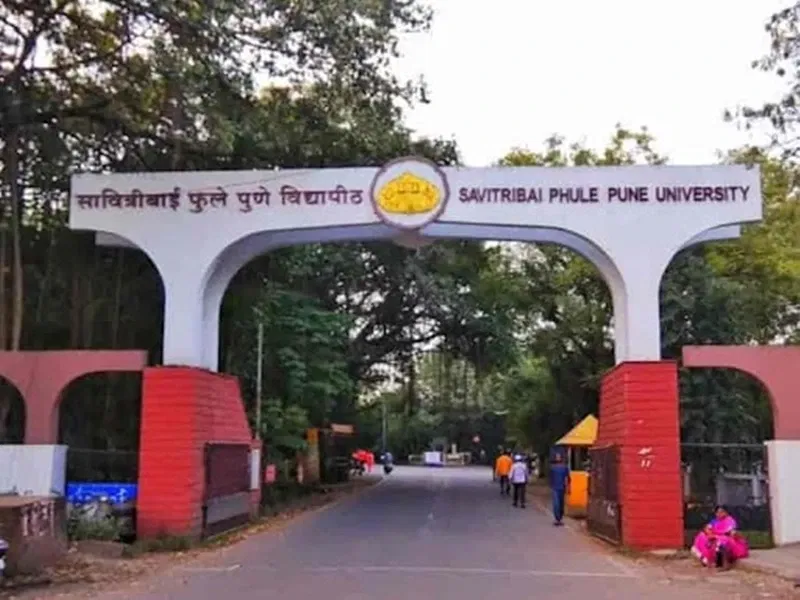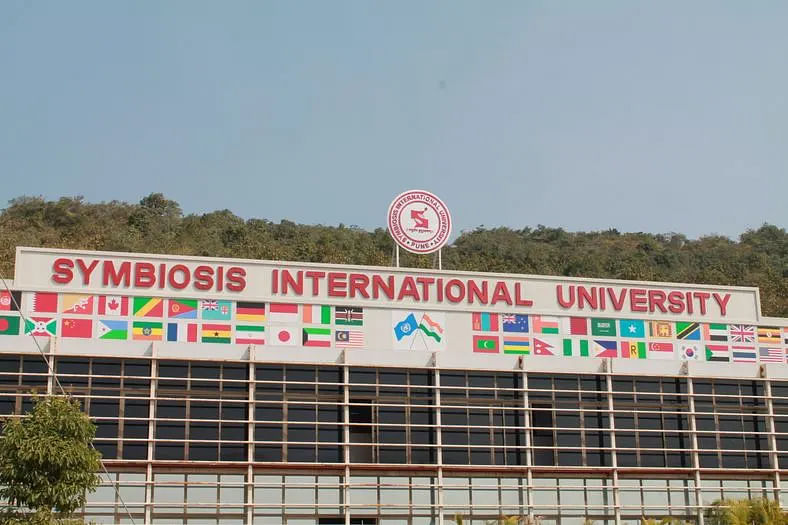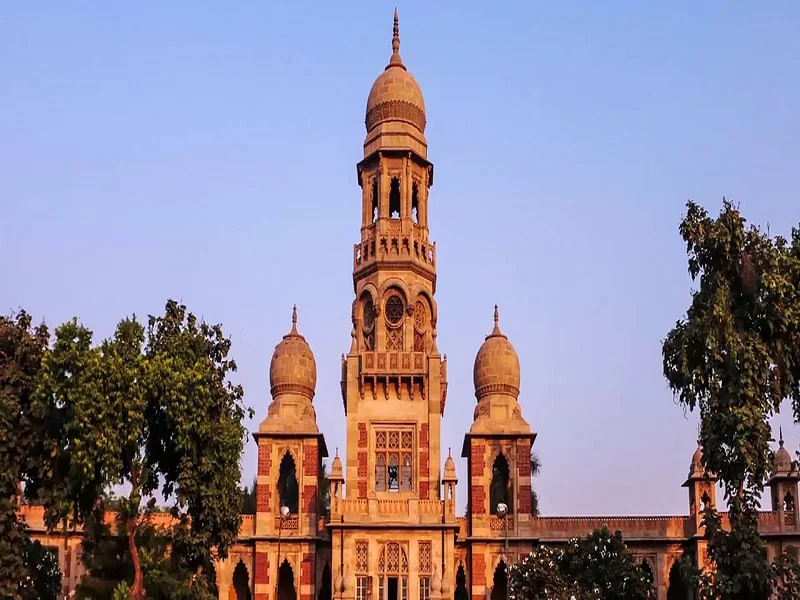LLM Criminal Law Syllabus and Subjects

LLM Criminal Law syllabus helps students to immerse themselves in the world of knowledge through innumerable case studies, authentic legal situations, and moot court competitions. LLM Criminal Law job scopes are extensive in terms of getting attractive employment opportunities in the public and private sectors.
Table of Contents
- Semester Wise LLM Criminal Law Syllabus
- LLM Criminal Law Subjects
- LLM Criminal Law Course Structure
- LLM Criminal Law Teaching Methodology and Techniques
- LLM Criminal Law Projects
- LLM Criminal Law Books
Semester Wise LLM Criminal Law Syllabus
LLM Criminal Law syllabus covers a wide range of topics including various areas of study related to evidence, criminal procedure, and criminal law. LLM Criminal Law course is of two to three years that has been designed to give students access to the best legal defences as well as the urgently required solutions to today's security and criminal justice-related issues.
The popular subjects in the course are given below semester-wise divided into three years.
LLM Criminal Law First Year Syllabus
The table below contains the list of LLM Criminal Law subjects on the syllabus:
|
Semester 1 |
Semester 2 |
|
Theories of Law |
Forensic Science |
|
Research Methodology |
Criminal Procedures |
LLM Criminal Law Second Year Syllabus
The table below contains the list of LLM Criminal Law subjects on the syllabus for the second year:
|
Semester 3 |
Semester 4 |
|
Criminal Psychology |
Criminal Justice |
|
Penology & Victimology |
Law Ethics |
LLM Criminal Law Third Year Syllabus
The table below contains the list of LLM Criminal Law subjects on the syllabus for the third year:
|
Semester 5 |
Semester 6 |
|
Legal Narcotics Research |
IPC CrPC |
|
Juvenile Justice |
LLM Criminal Law Subjects
The LLM Criminal Law course syllabus consists of core, elective subjects and Specializations. According to their interests, career aspirations, educational requirements, and personal objectives, students can select an LLM Criminal Law specialization field. The following list of LLM Criminal Law subjects:
LLM Criminal Law Core Subjects
- Criminal Psychology
- Forensic Science
- Criminal Procedures
- Criminal Justice
- Penology & Victimology
- Law Ethics
- Legal Research
- IPC
- CrPC
- Narcotics
- Juvenile Justice
LLM Criminal Law Elective Subjects
The following is a list of some LLM Criminal Law Elective subjects:
- Crime and Administration of Criminal Justice
- Penology and Treatment of Offenders
- Privileged Class Deviance
- Law and Organized Crime
LLM Criminal Law Course Structure
The LLM Criminal Law programme emphasizes providing students with specialised legal instruction and legal understanding. In India, the LLM Criminal Law programme lasts two-three years and is divided into four to six semesters. Specialized legal practice is given with the utmost attention in the course structure. The first semester's general course emphasises essential legal concepts and research techniques. From the second semester on, the syllabus structure provides greater depth for the selected specialisation. The LLM Criminal Law course structure consists of the following:
- Three years
- VI Semesters
- Core Subjects
- Elective Subjects
- Specializations
- Projects
- Internships
LLM Criminal Law Teaching Methodology and Techniques
The LLM Criminal Law uses a combination of traditional lecture-based education and real-world legal experience as its primary educational methods and teaching approaches. Client handling and courtroom simulations are among the educational techniques.
The LLM Criminal Law prioritizes professional skills over theoretical knowledge to help graduates improve their application abilities in a courtroom and research context. Graduates can use dissertations to analyse different legal systems and apply them while creating cases. Standard teaching techniques include the following:
- Moot Courts
- Dissertation
- Assignments
- Group Debates
- Case Studies
- Presentations
- Seminar
- Lectures
- Research Paper
- Court Visit
LLM Criminal Law Course Projects
The LLM Criminal Law course includes research for dissertations and publications. The required dissertation aids students in developing a thorough understanding of legal ideas. Interdisciplinary dissertation study is another option, which will broaden students' knowledge of various specialities.
Aspirants may also work as independent attorneys or do internships in the fields of their chosen specialisations during the research phase. An internship will help students finish their coursework and improve their understanding of work ethics.
The following is a list of some LLM Criminal Law projects:
- Abetment as A Crime
- Study on Capital Punishment
- Intellectual Property Rights as Human Rights
- Anti-Competitive Practices in the Pharmaceutical Industry.
- Law Commission Report
- Right To Information A Complete Analysis
- Violence Against Children
- International Regulatory Environment
- Role of Poverty law in India
- Study on Capital Punishment
- Comparative View Of Anti-Corruption Law
- Copyright in Digital Era
LLM Criminal Law Course Books
Books can be a fantastic investment for students enrolled in an LLM Criminal Law programme because they enable them to study their subject in great detail. Students can use books as a source of knowledge to learn more about topics that interest them. You can buy, download, and borrow reference books from the library. The following is a list of some of the most popular LLM Criminal Law course books that students can buy:
|
Name of Book |
Author |
|
Outlines of Indian Legal History |
MP Jain |
|
Socio-Legal Research in India |
Upendra Baxi |
|
Judicial Activism in India: |
SP Sathe |
|
Principles of Modern Company Law |
L C B Grower |
|
The Supreme Court of India – A Socio-Legal Critique of its Juristic Techniques |
Rajeev Dhawan |
|
Outlines of Indian Legal History |
MP Jain |
























